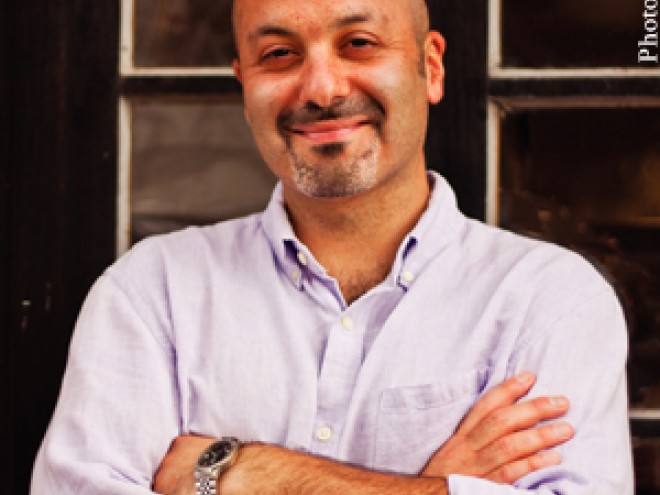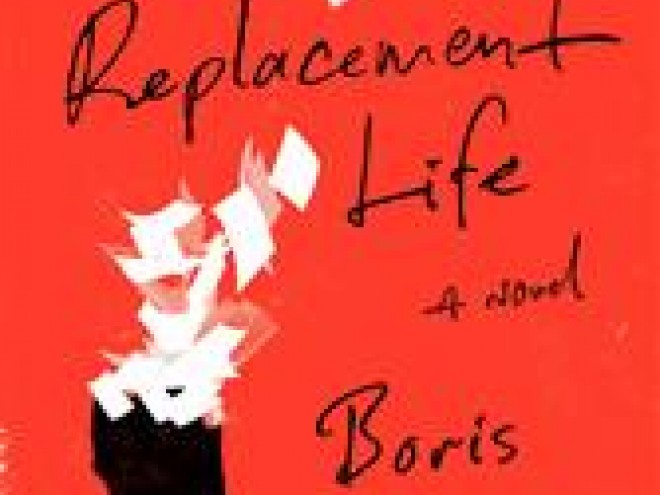Want to extend your repertoire past borscht?
Savage Feast—a memoir and cookbook in one — will have you tucking in to specialties like ukha (fish soup), vareniki (dumplings), and syrniki (cottage cheese patties), all while following one family’s migration from the Soviet Union to the United States. Narrated by Boris Fishman, Savage Feast tells the story of how the Fishmans left Minsk for Brooklyn. Like many Soviet Jewish memoirs, the action begins after World War II. Although the protagonist is born in the 1970s, the hardships and coping mechanisms of that period define the parents and grandparents’ attitudes. Throughout the Soviet years and into the American ones, food — at once for nourishment, family gatherings and a testament to black market peddling and streetwise cleverness — holds the Fishmans together. When the move to America baffles his elders and renders their old survival skills suddenly obsolete, foodways remain a point of connection and investigation into the richness and complexity of the family’s experience.
When the forks are down, the plates licked clean and the tea cups drained, of course, there comes a satiated silence — what will we talk about, now that the food is gone? Trauma and mental health takes its place at the table in Savage Feast, and is a topic that Fishman fleshes out across generations. A mostly silent and distant relationship with his grandfather is warmed by sharing a kitchen: “Hell, we’d been at the stove together.” After the loss of his wife, Fishman’s Jewish grandfather, Arkady, finds that the closest person to him is his Ukrainian aide, Oksana, with whom he shares the “same heart country, stomach country, prostate country” — the same frame for hunger, survival and success. Fishman himself, who encounters depression, heartbreak and a constant case of being neither here nor there, finds recovery and belonging as he volunteers on American farms, joins a Russian restaurant crew and pulls off a grand romantic and culinary gesture at a summer camp.
Savage Feast largelyfollows a standard memoir formula: the author tells his story, which inevitably begins and is contextualized in stand-alone chapters by well-done cuts of his family’s histories. But it is also a cookbook, a stylistic choice that extends beyond the curated Index of dishes at the end (organized both by category and “in order of appearance”). A good cookbook is a mix of tradition and interpretation, measurements and adjustments, must-haves and substitutes. Add to this the eccentricities of a Soviet cookbook: bartered goods, rations, fresh village fruits, and always, resourcefulness and resilience. Fishman becomes a chef, both as a recipe-transmitting author and briefly, as a professional, so that the recipes themselves read like the chatter of an experienced relative: swap this, do it like this and remember — here Fishman quotes Oksana verbatim — “the pepper needs to be meaty — like a person.”
The recipes may be a bit hard to follow at first, but for a seat at Fishman’s eclectic, intergenerational table, all you need to do is open the book.




